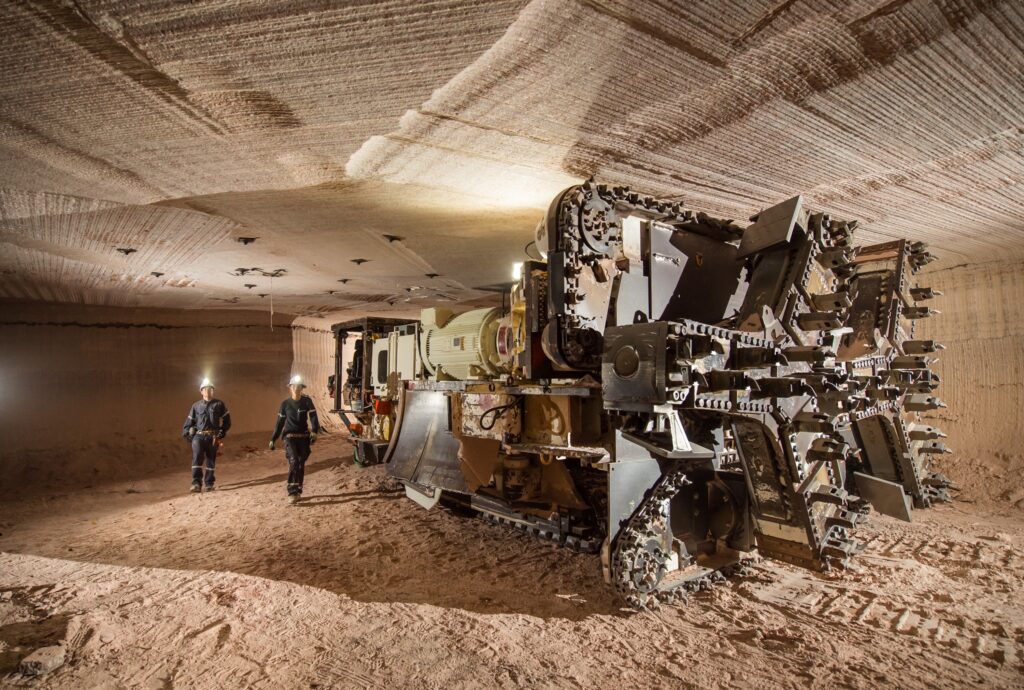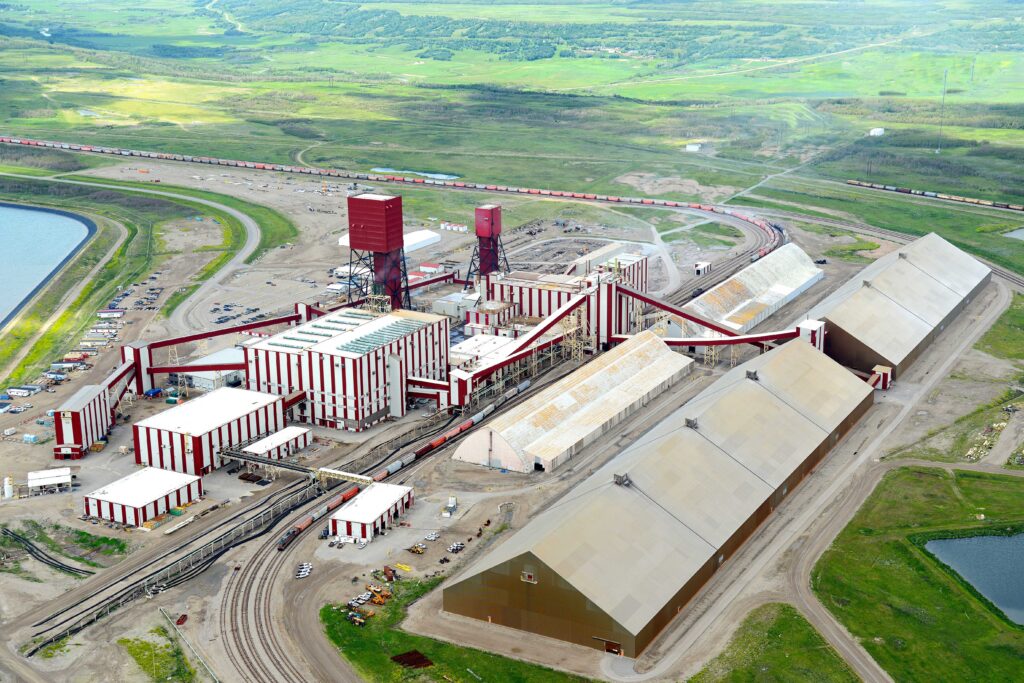
Advancements in technology and sustainability will help meet the growing global food demand of over 10 billion people.
The UN expects our global population to grow from 8 billion to 9.7 billion by 2050, meaning we need to feed almost two billion more people than we do today, just three decades from now. To feed our growing population, we need more nutritious crops.
What makes this challenge even more complex is the fact that climate change is necessitating a change in how we produce food. In Canada, growers are experiencing wetter springs, hotter and drier summers, and wetter and wilder winters, all of which impact yields across our crops and farming systems. That’s why this year’s World Hunger Day is focused on sustainability, exploring how we can produce more nutritious and affordable food with a reduced environmental footprint.
The Role of Fertilizer and Crop Technology
Fertilizers are a key component to solving this problem.
Canada produces 12% of the world’s fertilizer supply, including potassium fertilizer, one of three major macro-nutrients essential to plant nutrition.
Potash, the common name given to a group of minerals containing potassium, is critical to feeding the global population – and approximately 30% of the world’s supply is produced here in Saskatchewan.
Nutrien, the world’s largest potash producer, operates a network of six low-cost potash mines across the province and is speaking out about the role Saskatchewan’s communities play in global food systems.
“Our team in Rocanville mines potash from deep underground deposits left by evaporated inland seas or extracted from saltwater bodies and processes it into a finished product that can be absorbed by plants,” explained Justin Young, Nutrien’s Rocanville General Manager. “It’s amazing that the work we do here is shipped around the world to about 40 countries to improve root and stem strength, water utilization and disease resistance in crops, and aid in animal growth and milk production.”
At the Rocanville mine south-east of Esterhazy, local talent is using world-class technology to enhance safety and efficiency and reduce costs and environmental impact in potash mining, enabling better yields for farmers to feed the world.
“We are constantly innovating new ways to mine more safely and sustainably than anywhere else in the world,” said Young. “Through a combination of Radar, GPS, advanced sensing systems and cutting-edge AI powered technologies, our teams are making value-driven decisions about production that also move people away from the active mining face enhancing safety and productivity at the same time.”

Reducing the Carbon Footprint
Local facilities are also lowering carbon intensity through cogeneration, efficiently combining heat and power generation to fuel the facility. A proposed project at the local mine will displace grid electricity
with natural gas and is expected to meet most of the facility’s power demand with this lower-emission energy.
“Food security and hunger is a global challenge,” said Young. “But it’s amazing that Saskatchewan is part of the solution, helping to lead a new era of sustainable agriculture.”
Nutrien produces and distributes approximately 27 million tonnes of potash, nitrogen and phosphate worldwide – critically important fertilizers that ensure crop yields can meet the demands of a growing population and feeding the future.